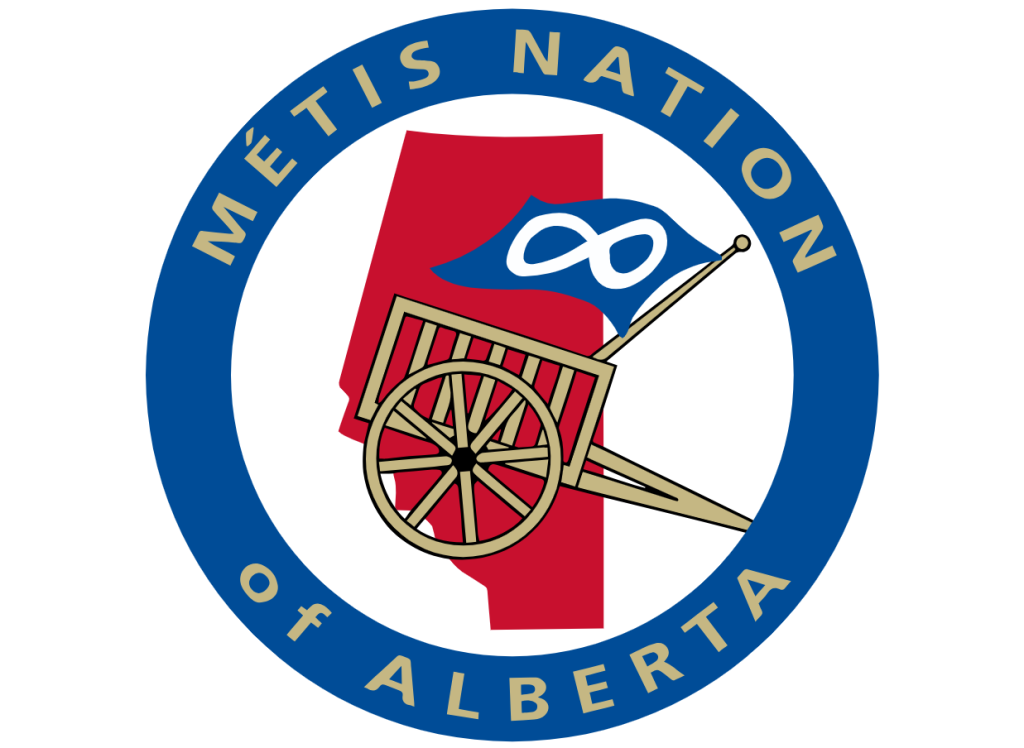
In observance of the National Day for Truth and Reconciliation, the Otipemisiwak Métis Government is launching two awareness initiatives.
The Otipemisiwak Métis Government of the Métis Nation within Alberta is unveiling a comprehensive map showing the location of Residential Schools in our province.
Their hope is to draw attention to this painful history through a visual representation of the schools. They say this tool stands as a testament to the strength of Survivors and serves as an educational resource for remembrance.
“The Otipemisiwak Métis Government acknowledges the deep and enduring scars left by the residential and day school system on Métis individuals, families, and communities,” said Truth and Reconciliation Director, Lorna Dancey.
“Spanning over 150 years, these institutions forcibly separated Métis First Nations and Inuit children, from their families, resulting in a devastating loss of culture, language, and identity.”
The Otipemisiwak Métis Government is also selling orange sashes, with proceeds directed towards their Survivor’s Healing Fund. The sashes spotlight the often-overlooked struggle of Métis residential school Survivors.
“The initiation of the orange sash sale by our Survivor Advisory Committee, comprised of individuals who have firsthand experience of residential school trauma, marks a significant milestone towards healing and Reconciliation,” said Dancey.
“The Otipemisiwak Métis Government firmly believes that Truth and Reconciliation is an ongoing commitment, extending far beyond a single day. Every Child Matters, and through collective effort, we can forge a future founded on understanding, compassion, and positive change.”
Each year, September 30 marks the National Day for Truth and Reconciliation.
The day honours the children who never returned home and Survivors of residential schools, as well as their families and communities. Public commemoration of the tragic and painful history and ongoing impacts of residential schools is a vital component of the reconciliation process.
